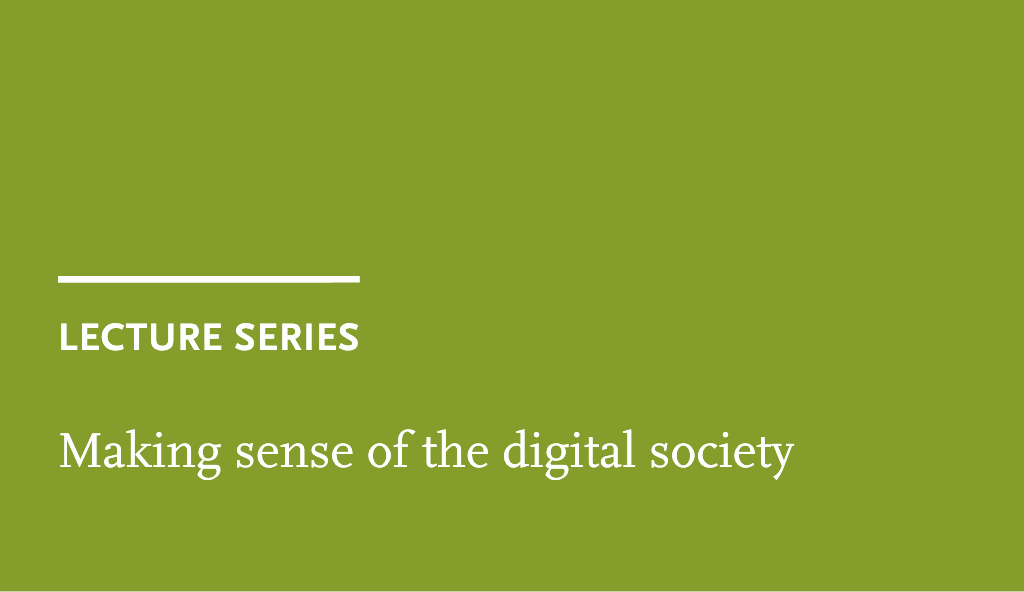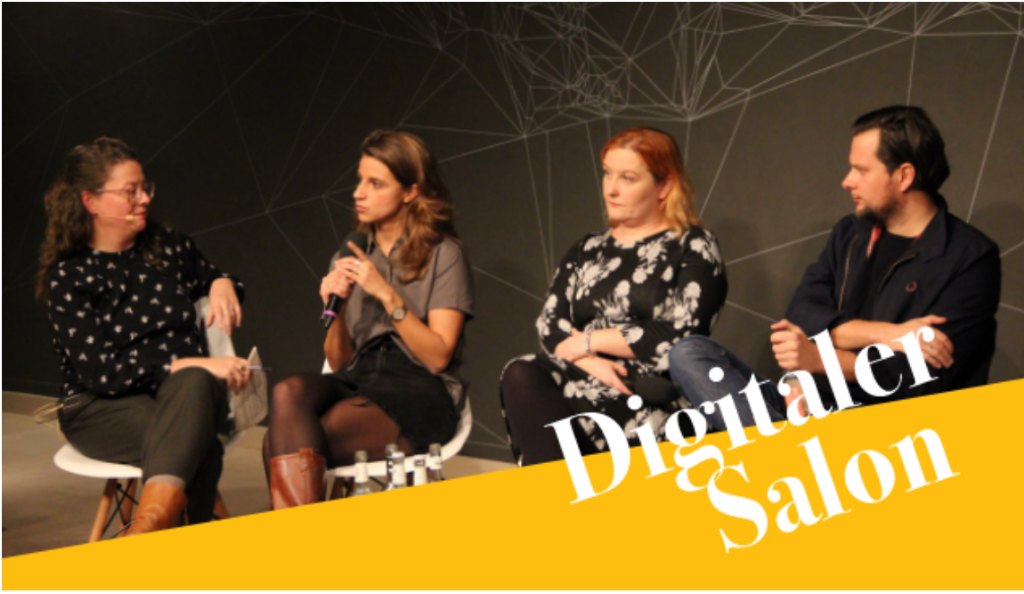International Seminar on Internet Governance – Preparatory to NETmundial
Introduction
On April 23-24, 2014 Brazil will be hosting the Global Multi-Stakeholder Meeting on the Future of Internet Governance (NETmundial) meeting in Sao Paulo. Nevertheless, there remains a strong need for open discussion and exchange between the different stakeholders on Internet governance. There is also a need for a joint discussion on the effectiveness and the potential side-effects of the national measures and broader multilateral initiatives proposed by both countries.
The meeting will be open to the public, with the discussion encompassing Internet Governance Principles and the roadmap for the changes in the Internet Governance ecosystem.
Agenda
| 15:00 – 16:30 | First session: Principles for the Governance and Use of the Internet (open session)It is one of the goals of NETmundial to agree a set of common principles that may form a benchmark for a future Internet governance model. A set of such principles–many of which were contested–has been identified and put to public consultation before the NETmundial meeting. This panel will reflect on the viability of implementing such a set of guiding principles in a highly diverse and distributed Internet governance ecosystem. What are these principles worth in practice and can they provide effective regulatory guidance?Moderator: Ronaldo Lemos, director, Rio Institute for Technology & Society, Rio de Janeiro State University, Brazil Speakers: Jeanette Hofmann, director, Alexander von Humboldt Institute for Internet and Society, Berlin, Germany Oliver Stuenkel, Professor, Getulio Vargas Foundation (FGV), Brazil Urs Gasser, director, Berkman Center for Internet & Society at Harvard University, Cambridge, MA, USA Bertrand de la Chapelle, director, Internet & Jurisdiction Project Ambassador Olof Ehrenkrona, Minister Carl Bildt’s Senior Adviser on cyber issues |
| 16:30 – 17:00 | Coffee break |
| 17:00 – 18:30 | Second session: Roadmap for the further evolution of the Internet Governance Ecosystem (open session)It is a further ambitious goals of the NETmundial meeting to propose a roadmap for the future evolution of the Internet governance ecosystem. In accordance with the complexity of the current ecosystem, diverging views on the specifics and implementation of such a roadmap exist. Taking the most recent developments and discussions as a starting point, this panel will aim to identify opportunities and potential pitfalls before the upcoming NETmundial meeting. What are the core issues of controversy? How is the role of stakeholders and current key institutions such as ICANN bound to change? Might the Internet governance ecosystem even be going through a constitutionalizing moment?Moderator: Elena Lazarou, Getulio Vargas Foundation (FGV), Brazil Speakers: Aaron Shull, counsel and corporate secretary, Centre for International Governance Innovation (CIGI) Chris Riley, Mozilla Markus Kummer, ISOC William Drake, Media Change & Innovation Division, IPMZ, University of Zurich Carlos Affonso Souza, director, Institute for Technology and Society, Rio de Janeiro, Brazil Alex Gakuru, chairman, Communications Commission, Kenya |
| 18:30 – 19:00 | Wrap-up and ClosingRonaldo Lemos, director, Rio Institute for Technology & Society, Rio de Janeiro State University, Brazil Thorsten Benner, director, Global Public Policy Institute (GPPi), Berlin, Germany Wolfgang Schulz, director, Alexander von Humboldt Institute for Internet and Society (HIIG), Berlin, Germany |
Confirmed participants (updated 20/04)
- Aaron Shull, counsel and corporate secretary, Centre for International Governance Innovation (CIGI), Canada
- Alessandro Molon, member of the Chamber of Deputies, National Congress, Brazil
- Alex Gakuru, executive director, CODE-IP Trust, Kenya
- Alexandrine Pirlot de Corbion, research officer, Privacy international, UK
- Olof Ehrenkrona, ambassador, Minister Carl Bildt’s Senior Adviser on cyber issues, Sweden
- Andrea Beccalli, policy officer, ICANN Stakeholder Engagement Manager – Europe
- Andrea Glorioso, policy officer, European Commission, EU
- Ben Wagner, post-doctoral research fellow, Center for Global Communications Studies, Annenberg School for Communication at the University of Pennsylvania, USA
- Bertrand de la Chapelle, director, Internet & Jurisdiction Project, France
- Bruno Magrani, manager of governmental relations, Facebook, Brazil
- Carlos Affonso de Souza, director, Rio Institute for Technology & Society (ITS), Rio de Janeiro State University, Brazil
- Carlos Afonso, board member, Brazilian Internet Steering Committee (CGI.br), Brazil
- Carol Elizabeth Conway, director, UOL, Brazil
- Carolina Rossini, project director, Latin American Resource Center, New America Foundation, USA
- Chris Riley, senior policy engineer, Mozilla, USA
- Cathleen Berger, desk officer, International Cyber Policy Coordination Staff of the German Federal Foreign Office, Germany
- Danilo Doneda, general coordinator, Ministry of Justice, Brazil
- Dennys Antonially, PhD candidate, NDIS, University of Sao Paulo, Brazil
- Detlef Dauke, director general, Federal Ministry of Economic Affairs and Energy, Germany
- Dirk Brengelmann, ambassador, Commissioner for International Cyber Policy, Germany
- Elena Lazarou, head, Centre for International Relations, CPDOC, Getulio Vargas Foundation (FGV/SP), Brazil
- Erika Mann, director public policy, Facebook, Germany
- Felix Dane, representative, Konrad Adenauer Foundation (KAS) Brazil office, Germany
- Fernando Perini, program officer, International Development Research Centre (IDRC), Canada
- Francisco Brito Cruz, PhD candidate, NDIS, University of Sao Paulo, Brazil
- Frank La Rue, UN special rapporteur on the Promotion and Protection of the Right to Freedom of Opinion and Expression, UNESCO
- Geoffrey King, policy coordinator, Committee to Protect Journalists, USA
- George Salomão Leite, professor, Brazilian School of Constitutional Studies, Brazil
- Graciela Selaimen, program officer, Ford Foundation, Brazil
- Gregory Ryan, project coordinator, Konrad Adenauer Foundation, Germany
- Guilherme Canela, advisor, Communications and Information, UNESCO
- Hubert Schöttner, deputy head, Federal Ministry for Economic Affairs and Energy and Deputy Head of Division ITU, UPU, Germany
- Jeanette Hofmann, director, Alexander von Humboldt Institute for Internet and Society,; co-chair, NETMundial, Germany
- Lucia Nader, executive director, Conectas Human Rights, Brazil
- Marcel Leonardi, senior counsel, Google Public Policy, Brazil
- Markus Beckedahl, activist, Netzpolitik, Germany
- Markus Kummer, vice-president public policy, Internet Society (ISOC), Switzerland
- Mayte Peters, co-ordinator, Network of Centers (NoC), Alexander von Humboldt Institute for Internet and Society (HIIG), Germany
- Michael Rotert, professor, Association of the German Internet Industry, Germany
- Monroe Price, Annenberg School of Communication, University of Pennsylvania, USA
- Murilo Laranjeiras, director of international relations, Mercado Livre, Brazil
- Oliver Read, researcher, Global Public Policy Institute (GPPi), Germany
- Oliver Stuenkel, assistant professor, CPDOC, Getulio Vargas Foundation (FGV/SP), Brazil
- Paul Fehlinger, manager, Internet & Jurisdiction Project, Germany
- Rafael Moreira, director of ICT Policy, Ministry of Science, Technology and Innovation, Brazil
- Ronaldo Lemos, director, Rio Institute for Technology & Society (ITS), Rio de Janeiro State University, Brazil
- Thorsten Benner, director, Global Public Policy Institute (GPPi), Germany
- Tim Maurer, research fellow, Open Technology Institute, New America Foundation, USA; non-resident fellow, Global Public Policy Institute (GPPi), Germany
- Urs Gasser, director, Berkman Center for Internet & Society at Harvard University, Cambridge, MA, USA
- Vera Franz, senior program manager, Open Society Foundation (OSF), UK
- William Drake, international fellow and lecturer, Media Change & Innovation Division, Institute of Mass Communication and Media Research (IPMZ), University of Zurich, Switzerland
- Wolfgang Schulz, director, Alexander von Humboldt Institute for Internet and Society (HIIG), Germany
Hosts of the event
Rio Institute of Technology & Society – ITS
The mission of the Institute for Technology & Society (ITS), as an independent non-profit organization, is to ensure that Brazil responds creatively and appropriately to the opportunities provided by technology in the digital age, and that the potential benefits are broadly shared across society. Through its own research and in partnership with other institutions, such as the Rio de Janeiro State University (UERJ), ITS analyzes the legal, social, economic and cultural dimensions of technology and advocates for public policies and private practices which protect privacy, freedom of expression and access to knowledge. The Institute also offers innovative education, training and capacity development to individuals and institutions to enable them to understand the promises and challenges of new technology. Last, not least, ITS aims to strengthen the voice of Brazil, Latin America and the Global South in international debates on technology and its regulation.
Global Public Policy Institute – GPPi
The Global Public Policy Institute (GPPi) is an independent think tank based in Berlin. It is GPPi’s mission to develop innovative strategies for effective and accountable governance and to achieve lasting impact at the interface of the public sector, business and civil society through research, consulting and debate. GPPi was founded in 2003 to develop innovative approaches to effective and accountable governance, promote political and social entrepreneurship and foster a strategic community that brings together the public sector, civil society as well as business. GPPi’s Global Internet Politics program was launched in early 2014. It undertakes research and provides policy advice on key issues at the interface of internet governance, human rights and security. It engages in policy research and debate projects, including one with the New America Foundation’s Open Technology Institute on balancing security and freedom.
Network of Centers – NoC
This meeting on Internet Governance is part of a series of NoC events with a focus on multi-stakeholder Internet governance. The NoC is a collaborative initiative among academic institutions with a focus on interdisciplinary research on the development, social impact, policy implications, and legal issues concerning the Internet. This collective aims to increase interoperability between participating centers in order to stimulate the creation of new cross-national, cross-disciplinary conversation, debate, teaching, learning, and engagement regarding the most pressing questions around new technologies, social change, and related policy and regulatory developments. For more information, including announcements of future events on multi-stakeholder governance issues, please visit this site.
Sponsors:
Konrad Adenauer Foundation (KAS), Germany
Brazilian Internet Steering Committee (CGI.br)
International Development Research Centre (IDRC), Canada
DIGITAL SOCIETY LECTURES
This high-profile lecture series thrives to develop a European perspective on the processes of transformation that our societies are currently undergoing.
DIGITALER SALON
Once a month we publicly discuss the impact of digitalisation on the society. Therefore we invite special guests and engage in a dialogue with the audience.
NEWSLETTER
Be the first to learn about our new events and exciting research results.

